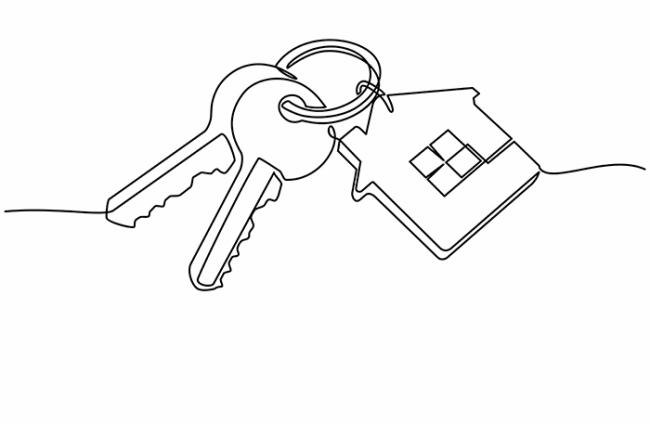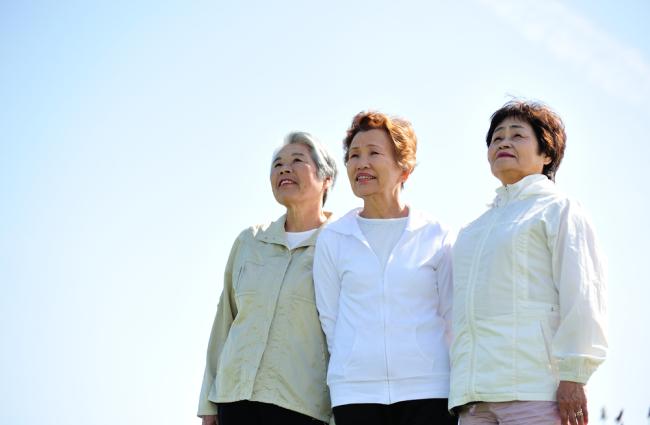Evidence for Action (E4A) funds research evaluating the population health, wellbeing, and racial equity impacts of programs, policies, and practices. What We're Learning is a repository of media pieces, research articles, presentations, reports, and other materials highlighting E4A supported research and findings. Sort by topic or resource type.

US Army and Navy service members went to fewer therapy sessions during pregnancy and while on leave following birth, especially if they had already received mental health treatment before. Birthing parents were more likely to go back to therapy once they started working again.

The research team discovered that living in greener, more walkable neighborhoods is associated with lower incidence of Alzheimer's Disease.

The project team found that school-based mental health services increased average outpatient mental health service use and reduced self-reported suicide attempts.

The project team found that cash transfers on their were associated with increases in healthy behaviors and that the cash transfer paired with after-school programming was associated with an improvement in the financial health of participants.




Drs. Wendy Netter Epstein and Christoper T. Robertson share findings that suggest a better way to promote signing up for health insurance is to appeal through a "helping community" framework rather than by trying to convince them that it makes better financial sense.

The University of Southern California (USC) Center for Economic and Social Research and HelpAge USA conducted research on the implementation of a successful financial literacy program across Asia called the Citi-Tsao Foundation Financial Education Programme for Mature Women and the need and oppor


The piece from Megan Cerullo of CBS News Money Watch highlights findings from the evaluation of the Stockton Economic Empowerment Demonstration guaranteed income pilot.
